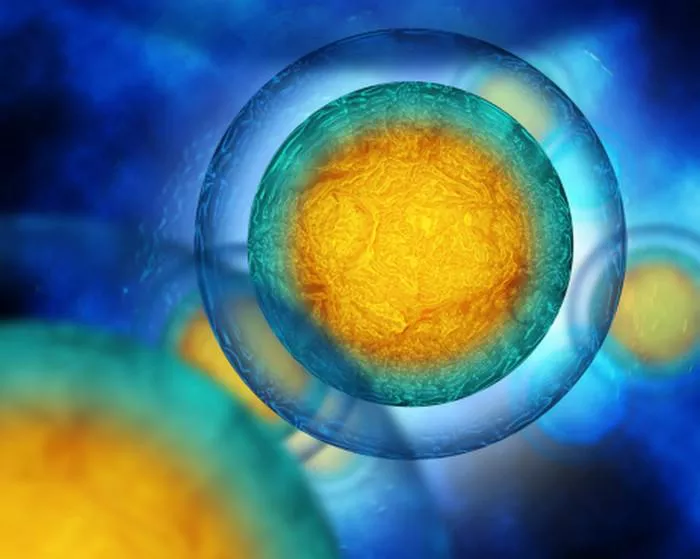In the realm of reproductive health, myths and misconceptions abound, often causing unnecessary anxiety and confusion. One such myth that persists is the belief that birth control methods can lead to infertility in the future. In this comprehensive article, we will debunk this myth by examining the reality supported by medical evidence, exploring different types of birth control, discussing fertility after discontinuation, reviewing medical studies and research, addressing potential delays in fertility, considering health conditions and fertility, advocating for consulting healthcare providers, and providing answers to frequently asked questions related to birth control and future fertility.
Myth vs. Reality
The myth that birth control causes infertility has circulated for decades, fueling concerns and misinformation. However, the reality, supported by robust medical evidence, is quite different. Birth control methods, whether hormonal or non-hormonal, are designed to prevent pregnancy temporarily and do not cause long-term infertility.
Types of Birth Control
Birth control comes in various forms, including hormonal contraceptives such as pills, patches, injections, and implants, as well as non-hormonal methods like condoms, diaphragms, and intrauterine devices (IUDs). Each method works differently to prevent pregnancy, but all are intended to be reversible, allowing individuals to regain fertility after discontinuation.
Fertility After Discontinuation
One of the most common concerns among individuals using birth control is the timeline for regaining fertility after discontinuation. Fortunately, for most individuals, fertility returns shortly after stopping birth control. Hormonal methods may require a brief adjustment period for the menstrual cycle to regulate, but ovulation typically resumes within a few weeks to months after discontinuation.
Medical Studies and Research
Numerous studies and research findings support the conclusion that birth control does not cause long-term infertility. A comprehensive review published in the American Journal of Obstetrics and Gynecology concluded that there is no evidence to suggest a link between contraceptive use and infertility. Additionally, large-scale studies have consistently shown that fertility returns to baseline levels after discontinuation of birth control.
Potential Delays in Fertility
While fertility typically returns promptly after stopping birth control, some individuals may experience a temporary delay in conception. This delay is often due to factors such as the time it takes for hormonal levels to normalize and menstrual cycles to regulate. However, it is essential to recognize that this delay is not indicative of permanent infertility and is usually temporary.
Health Conditions and Fertility
It is crucial to differentiate between the effects of birth control and underlying health conditions that may impact fertility. While birth control methods themselves do not cause infertility, they may mask underlying health issues that could affect fertility. Consulting with a healthcare provider is essential for assessing overall reproductive health and addressing any concerns about fertility.
Consulting Healthcare Providers
For personalized information and guidance regarding birth control and future fertility, consulting with a healthcare provider is paramount. Healthcare professionals can offer individualized advice, address specific concerns, and provide recommendations tailored to each person’s unique circumstances. Whether considering starting, changing, or discontinuing birth control, seeking guidance from a healthcare provider ensures informed decision-making and optimal reproductive health management.
FAQ Section
Can birth control pills cause infertility in the long run?
No, birth control pills do not cause long-term infertility. Fertility typically returns shortly after discontinuation of birth control pills.
How long does it take to regain fertility after stopping birth control?
Fertility usually returns within a few weeks to months after discontinuing birth control, although individual variations may occur.
Do hormonal birth control methods affect future fertility?
Hormonal birth control methods are designed to be reversible, and fertility returns to baseline levels after discontinuation.
What should I do if I’m concerned about my fertility after stopping birth control?
If you have concerns about your fertility after stopping birth control, it is essential to consult with a healthcare provider for evaluation and guidance.
Conclusion
In conclusion, birth control methods are effective tools for preventing pregnancy temporarily and do not cause long-term infertility. While some individuals may experience a temporary delay in fertility after discontinuation, fertility typically returns to baseline levels within a relatively short period.























